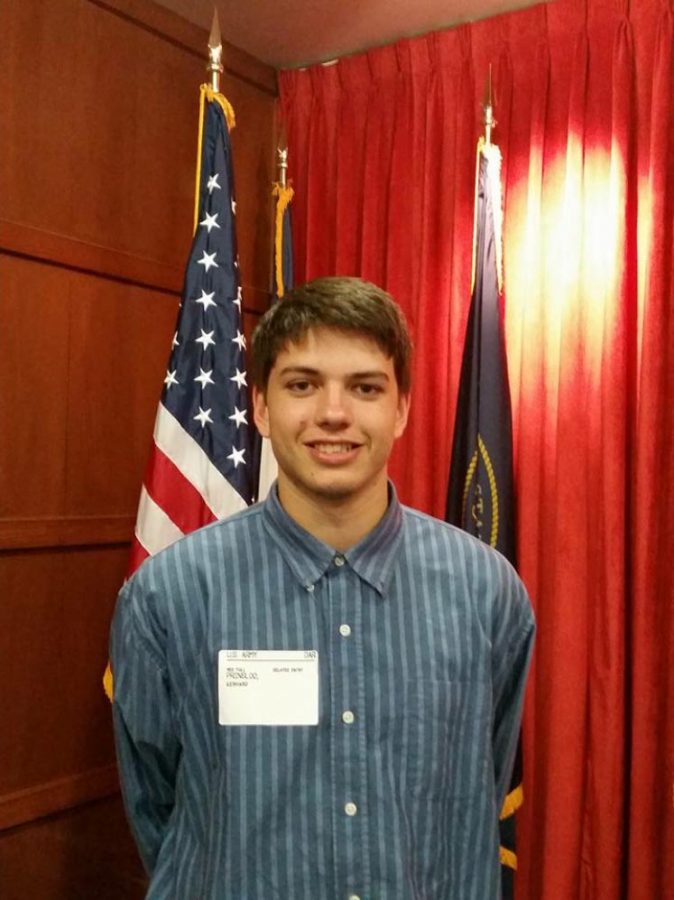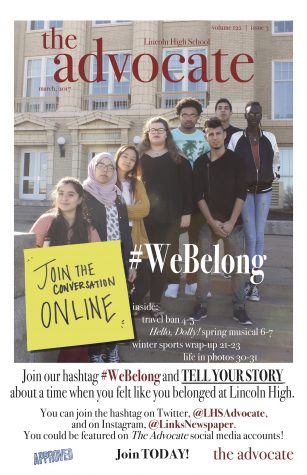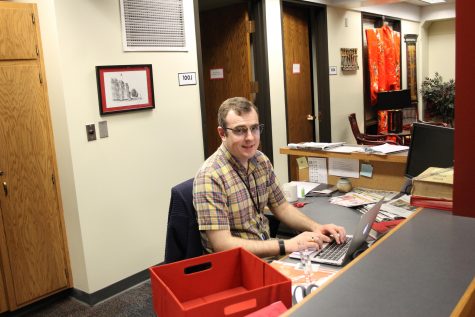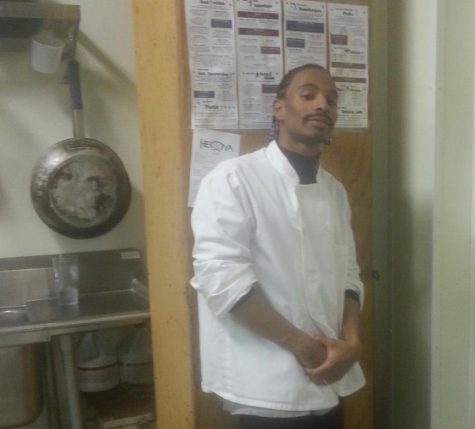Join The Military After High School? It’s an option some students choose
By Ahmed Naser (Feature) –
At Lincoln High, we have a few students who are going to be joining the military after high school, but what is the military actually like? Gerhard Prinsloo, who is an eighteen-year-old senior here at Lincoln High, has enlisted in the Army. We sat down to talk to him about his decision.
Prinsloo is an E1 private as of now, but after basic training this summer he hopes to become a 15 Tango helicopter mechanic. The availability of each position depends in some part to your score on the ASVAB (Armed Services Vocational Aptitude Battery) and what you want to become in the army. Prinsloo concluded that pursuing to become a helicopter mechanic would be the best fit for him.
Prinsloo says he will be paid a compensation of roughly $1,500 a month with his housing and healthcare all getting paid.
“You’ve got to take into account with active duty personnel your housing is paid for, you have healthcare, you have all the insurances that you need. On paper it might not look like it’s a lot of pay but everything is covered.” Prinsloo will be getting most of his expenses covered through BAH (Basic Allowance for Housing) and Tri-Care (health-care for active duty members).
He also plans on furthering his education in college through the Montgomery GI Bill, which provides educational assistance to servicemembers, veterans, and their dependents. According to the U.S. Department of Veterans Affairs, “active duty members who enroll and pay $100 per month for 12 months are then entitled to receive a monthly education benefit once they have completed a minimum service obligation” You will have 10 years to use the benefit “following your release from honorable active service.”

The military is a place that pushes you to your limits, Prinsloo said. He goes to training every Thursday to learn what it will be like after he is sent off to basic training after he graduates. Basic training can last anywhere from seven to twelve weeks depending on which branch you are in. The Army, which is the branch Prinsloo has enlisted for, has a 10-week duration of basic training. There are four locations for the Army basic training: Fort Benning, Fort Jackson, Fort Leonard Wood, and Fort Sill. Basic training consists of 10 different training topics. Each week, they focus on one subject. The 10 subjects include reception, fall in, direction, endurance, marksmanship, trials, camaraderie, confidence, combat skill development, victory forge, and graduation. Basic training is both for soldiers’ physical and mental health.
Joining the military is a big decision, so it’s important to do your research and realize the ramifications before enlisting. Once you do, you are legally bound by that contract.
The military has strict regulations after you join. The main term they use for you leaving the military is called a discharge. When asked what happens if you don’t want to be in the military after you enlist, Prinsloo replied, “You pretty much have to suck it up until your contract’s over.” It is very hard and almost impossible to be legally discharged early from the military after you have taken oath. But there are many common ways people have been kicked out of the military such as not meeting weight requirements, failing training, etc.
There are several categories of discharge such as honorable discharge which is an excellent rating for their service and a dishonorable discharge which is a reprehensible, bad rating for their service. If you get discharged for a bad cause, there are consequences such as not being allowed to own a firearm or having trouble finding work outside of the military.
We are fortunate to have people serving our country in the armed forces, but it’s not for everyone. For more information about all options after high school, stop by the Counseling Center.







![Counselor Van Nguyen and Naji Smoqy (12) review scholarship applications. You have until the last day of school [May 24th] to apply for the Learn To Dream Scholarship. Photo by Ahmed Naser](https://lhsadvocate.com/wp-content/uploads/2017/04/LearnToDream-475x277.jpg)




